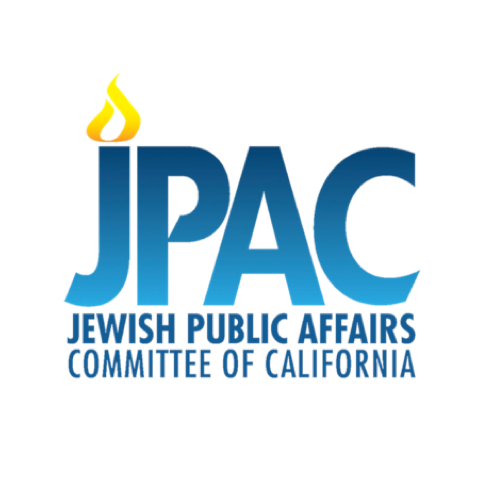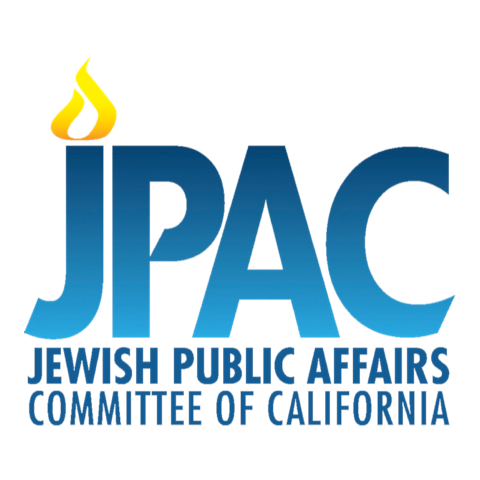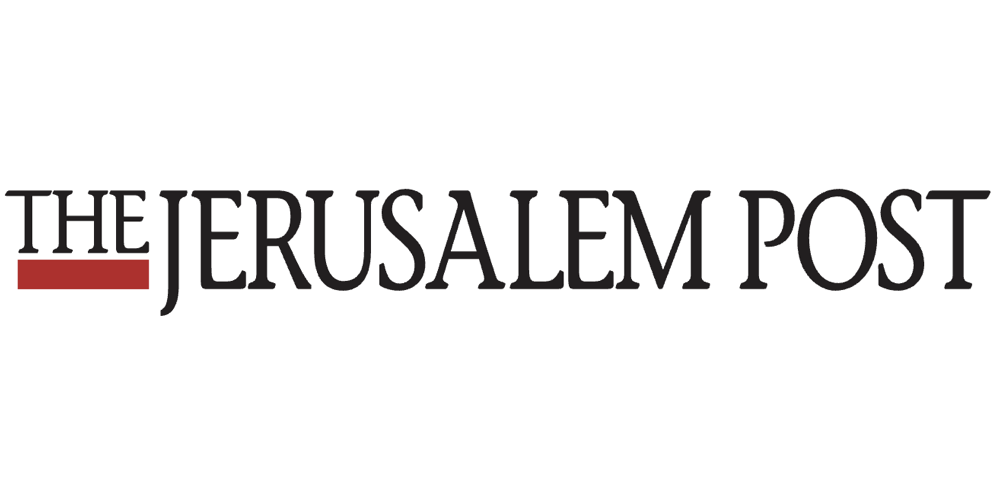JERUSALEM POST: The Jewish community must embrace ethnic studies, not shun it – opinion
We firmly believe in ethnic studies as a good thing for everyone, especially Jews.
BY DAVID BOCARSLY, NOAH FARKAS, TYLER GREGORY | September 14, 2023
With ethnic studies back in the news, thanks to a handful of California school districts intent on including antisemitic and anti-Israel content in their curriculum, it is unsurprising we are hearing from national voices once again. As leaders of three consequential California Jewish organizations, we work daily to end discrimination against Jewish students in the classroom. We also firmly believe in ethnic studies as a good thing for everyone, especially Jews.
A segment of the Jewish community, many from outside California, believe that ethnic studies is harmful and ideologically oppose it as part of the culture wars festering across this country. They believe everyone in the ethnic studies movement is antisemitic and anti-Israel and, after a few setbacks out of more than a thousand school districts statewide, conclude that the California Jewish community has failed to address the problems. They are wrong on both counts.
Why should Jews embrace ethnic studies?
We, as a Jewish community, must embrace ethnic studies, not shun it. Historically, textbooks were written through the lens of white Christian America, excluding minority experiences. For decades, Black, Latino, Asian Pacific Islander, and Native American communities have pushed for greater inclusion. Ethnic studies is a critical discipline for understanding their experiences, as Holocaust education is for ours.
We expect that all peoples, including Jewish and Israeli Americans, have a place in the most diverse state in the union. Holocaust education is mandatory in California, not simply because we as Jews want it to be, but because our neighbors recognized the value of our request to make it so. Just as others learn of our history of trauma, displacement, and immigration, we should embrace their stories as well. After all, we know that a more tolerant and understanding generation will lead to a safer society for all people, including Jews.
Should the Jewish community take a position opposing ethnic studies, not only would our community find itself politically isolated, but we would have abandoned our core values of study, justice, and remembrance. We should not reject ethnic studies because of a few bad actors.
We are proud of our successful track record supporting ethnic studies and representing our community’s interests. The state-approved Ethnic Studies Model Curriculum (ESMC) was a culmination of three years of advocacy through JPAC (Jewish Public Affairs Committee of California), its coalition of 32 California Jewish organizations, and our partners in the Legislative Jewish Caucus. The final approved version excludes discriminatory content, and includes two Jewish-American lesson plans and a definition of antisemitism.
Our statewide advocacy ensured that when Governor Gavin Newsom signed Assembly Bill 101 into law, mandating ethnic studies as a high school graduation requirement, it included guardrails to prevent discriminatory content. These are critical because California’s school districts operate autonomously and are not mandated to use the state’s model curriculum – and there are ethnic studies consultants pushing antisemitic and anti-Israel agendas.
To address these issues and the sheer number of districts in our regions, Jewish Federation of Greater Los Angeles and JCRC (Jewish Community Relations Council) Bay Area hired full-time education professionals to build meaningful relationships with teachers and district leaders and to educate them about the Jewish community’s history, culture, and values. In July, we co-led a 49-person delegation to Israel, including teachers, school board members, principals, and superintendents. Our partner Federations, JCRCs, and Jewish organizations like ADL (Anti-Defamation League) and AJC (American Jewish Committee) are expanding this work with school leaders in their regions as well.
Due to JPAC’s ongoing engagement with state officials, Governor Newsom recently sent a letter to all public schools reinforcing the ESMC and the guardrails in AB 101. California Superintendent Tony Thurmond hosted a series of ethnic studies certification training courses for school leaders where antisemitism panels were prominent, reinforcing our collective efforts.
Our strategy is working. Of the thousand-plus school districts in California, just a handful of districts are using or considering curricula we find problematic. And make no mistake: we will not hesitate to act. Together with state leadership, including Attorney General Rob Bonta, we will work to ensure districts are held accountable if discriminatory content makes its way into classrooms.
We recognize the complexity of the challenge before us and expect new twists and turns on the path to the 2025-26 school year, when the graduation requirement goes into effect. Our California Jewish community is stronger and more unified than ever, and we are determined to bring this work successfully across the finish line for Jewish students and families. Ethnic studies at its core embraces the stories of everyone, including us. We hope and expect Jewish leaders from outside California to support our work and join in our fight.
To read the Jerusalem Post Opinion Piece, click here.
—
David Bocarsly is the executive director of JPAC (Jewish Public Affairs Committee of California); Rabbi Noah Farkas is the president & chief executive officer of The Jewish Federation of Greater Los Angeles; and Tyler Gregory is the chief executive officer at JCRC (Jewish Community Relations Council) Bay Area.


